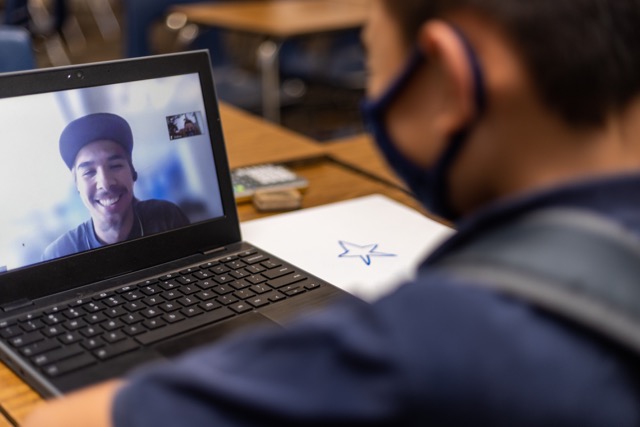Existing evidence of tutoring program impacts indicates that high-dosage tutoring can significantly improve student learning, outperforming other educational interventions. Yet, tutoring is not a one-size-fits-all intervention. The design and implementation of tutoring varies widely across tutoring programs and service providers. It is therefore imperative to understand and contextualize the impact that different tutoring programs have on student learning.
“Selecting a tutoring vendor is not the same thing as buying No. 2 pencils. There’s so much variation in these programs — how they work, what they offer — and it’s really important that policymakers move away from thinking about tutoring as a generic commodity. There are important nuances in tutoring programs that likely explain what makes some programs so much more effective than others. This report is an important step toward helping districts and schools make good decisions about the features of tutoring and better understand the outcomes they should expect for their students given the money they are investing in tutoring.”
Dan Goldhaber, Director of the CALDER Center at the American Institutes for Research
In this research report, we:
- Summarize existing evidence on tutoring program impact from the Nickow et al. (2023) meta-analysis;
- Construct a measure of the efficiency of tutoring program impact, which we define as the hours of tutoring necessary to improve student learning by one month, and compare the efficiency of tutoring program impact across select tutoring providers based on evidence from well-designed RCTs;
- Propose a measure of the cost effectiveness of tutoring program impact, which we define as the additional months of student learning produced at a fixed (per pupil) cost of $1,000; and
- Identify a research agenda documenting what is still unknown about the design, implementation, and impact of tutoring.
We show that tutoring is an intervention with a long history of evidence in support of its effectiveness at improving student learning. Yet, the evidentiary base is less robust than initially expected. Indeed, just 15 of the 89 RCTs included in Nickow et al. (2023) would meet the highest standards of evidence on program impact. Our analysis finds that, among a select sample of tutoring providers, math tutoring more efficiently improves student learning (and with less variability) than literacy tutoring. We discuss the need for more evidence on the impact of tutoring programs, and provide guidance to policymakers and researchers on the collection of valid programmatic cost data to calculate program-specific cost-effectiveness measures.
Together, this research report aims to provide policymakers, school leaders, and researchers with an approach to compare (and select) tutoring programs that most efficiently improve student learning at the lowest cost, and to support ongoing decision-making among educational leaders investing scarce resources in tutoring as a key driver for improving student learning.
We want to hear from you! Send us your thoughts and reactions to this report, and we look forward to continuing this important conversation.

